Why Apply for a US H-1B Visa?
- 85,000+ H-1B visas issued each year
- Average annual salary is approximately USD 106,000
- 70% of visa holders work in IT and tech industries
- Valid for 3 years, extendable up to 6 years
- Dependents can accompany you on H-4 visas
The H-1B visa offers skilled professionals the opportunity to live and work in the United States in specialty occupations. It is one of the most sought-after work visas globally, especially for tech and STEM professionals.
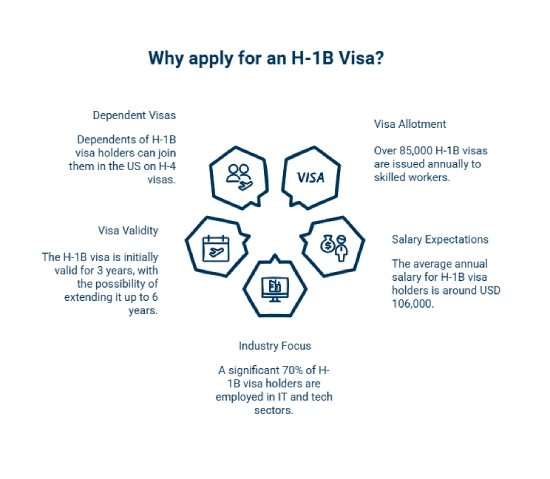
Overview of US H-1B Visa
The H-1B visa is a non-immigrant work visa that allows U.S. employers to hire foreign professionals in specialized fields such as IT, engineering, finance, healthcare, and more. It is typically issued for an initial period of three years, extendable up to six years, and includes the possibility of transitioning to permanent residency. The visa requires employer sponsorship and is subject to an annual cap of 85,000 visas, including a 20,000 quota for advanced degree holders from U.S. institutions. H-1B visa holders can also bring their spouse and children under H-4 dependent visas.
How does the H-1B Visa Work?
The H-1B visa allows skilled professionals from the UK and other countries to live and work in the United States in specialised fields such as technology, engineering, healthcare, and finance.
Here's how the process works, step by step:
Step 1: Employer Sponsorship
The process begins when a U.S. employer offers you a job and agrees to sponsor your visa. They must submit a petition to U.S. Citizenship and Immigration Services (USCIS) and obtain an approved Labour Condition Application (LCA) from the Department of Labor, confirming fair wages and working conditions.
Step 2: Cap and Lottery Selection
Each year, the U.S. offers 85,000 H-1B visas, including 20,000 reserved for U.S. master’s degree holders. If the number of applications exceeds this cap (which it usually does), a lottery system is used to randomly select eligible petitions.
Step 3: Petition Review and Visa Application
If your petition is selected in the lottery, USCIS will review it for eligibility. Once approved, you must apply for the H-1B visa at a U.S. embassy or consulate and attend a visa interview to complete the process.
Step 4: Entering the U.S.
After your visa is approved, you can travel to the U.S. and begin employment with your sponsoring employer. The visa is valid for an initial period of up to 3 years and can be extended to a maximum of 6 years.
Step 5: Changing Employers
You can switch jobs while on an H-1B visa, but your new employer must file a fresh petition. You don’t need to leave the U.S. during this transition, provided the new job meets H-1B requirements.
Step 6: Pathway to Permanent Residency
The H-1B visa allows for dual intent, meaning you can apply for a U.S. Green Card (permanent residency) while continuing to work legally under the H-1B status.
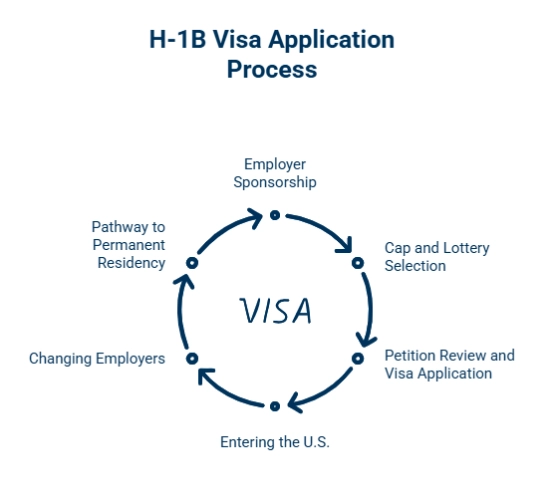
Everything You Need to Know About the H-1B Visa
The H-1B visa allows skilled foreign professionals to live and work in the U.S. in specialised roles through employer sponsorship. Successful petitioners enjoy several benefits under this visa category:
- Live and work in the U.S. for up to 6 years (initial 3 years + extension)
- Work in specialised fields such as IT, engineering, healthcare, and finance
- Apply for permanent residency (Green Card) while holding H-1B status
- Bring dependents (spouse and children) on H-4 visas
- Change employers in the U.S. through a new petition without leaving the country
What is H-1B Visa Lottery and How Does It Work?
The H-1B visa lottery is a system used by U.S. Citizenship and Immigration Services (USCIS) to manage the high volume of applications received each year for the H-1B visa. Since the number of petitions regularly exceeds the annual cap of 85,000 visas, which includes 65,000 under the regular quota and 20,000 reserved for individuals with a U.S. master’s degree or higher. USCIS conducts a computer-generated random selection to ensure fairness. Petitions that are selected in the lottery are then reviewed for eligibility and processing, while those not selected cannot proceed in that application cycle. This process ensures equal opportunity for all applicants amidst growing global demand.
Step-by-step process to apply for H-1B visa lottery
You can follow the below steps to apply for the H-1B visa lottery:
Step 1: Employer registers with USCIS during the lottery registration period
Step 2: Employer submits beneficiary details for the H-1B lottery
Step 3: USCIS conducts the random lottery selection
Step 4: Selected employers are notified by USCIS
Step 5: Employer files a complete H-1B petition (Form I-129)
Step 6: USCIS reviews the petition and issues a decision
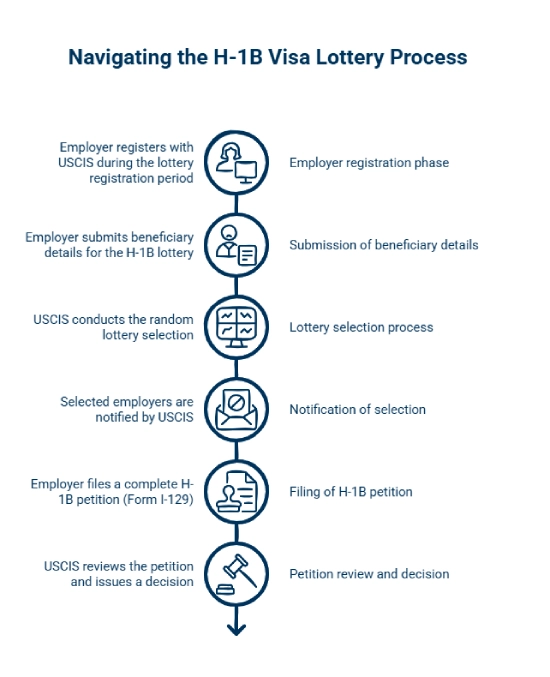
Know more about the US Job Market,
Electronic Registration & Lottery Process
- Employers must register online during the USCIS H-1B cap registration period (typically March).
- A $10 fee is required per applicant.
- Annual cap: 65,000 visas + 20,000 for U.S. Master’s degree holders.
- If registrations exceed the cap, USCIS conducts a random lottery.
Petition Filing: Form I-129
Once selected in the lottery, the employer files Form I-129 along with:
- Approved LCA
- Job offer letter
- Educational credentials
- Proof of work experience
- Fees and supporting documentation
Eligibility Criteria for the US H-1B Visa
To qualify for an H-1B visa, applicants must meet the following criteria:
- Must have a valid job offer from a U.S.-based employer
- The job must qualify as a “specialty occupation” requiring specialised knowledge
- Must hold at least a bachelor’s degree or equivalent in a related field
- Employer must file a Labor Condition Application (LCA) with the U.S. Department of Labor
- The applicant must have the required professional qualifications or licensing (if applicable)
- The employer must file Form I-129 with USCIS on behalf of the applicant
*Want to work in the US? Let Y-Axis guide you with the process.
H-1B Visa Requirements
The list of documents required to apply for the H-1B visa is as follows:
- Form I-129, Petition for a Non-immigrant Worker
- H Classification Supplement and H-1B Data Collection and Filing Fee Exemption Supplement
- Certified Labour Condition Application (LCA) – Form ETA 9035
- Copies of academic degrees, transcripts, and evaluations (if foreign degree)
- Professional licenses or certifications (if applicable)
- Employer support letter
- Employment offer letter or contract
- Proof of employer-employee relationship
- Copy of valid passport (all pages with visas/stamps)
- Visa fee payment receipts or checks
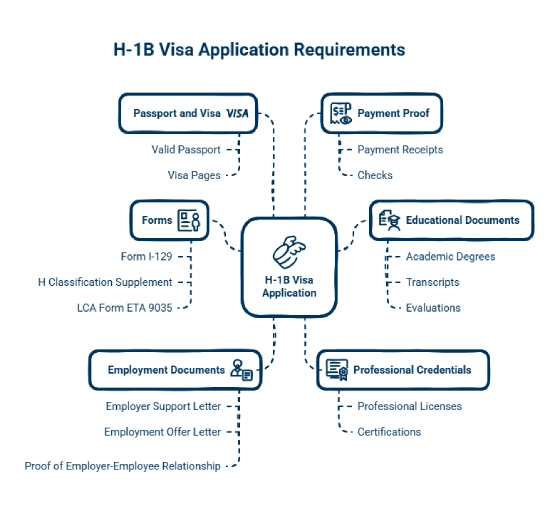
Labor Condition Application (LCA) Requirements
Before filing an H-1B petition, the U.S. employer must submit a Labor Condition Application (LCA) to the Department of Labor (DOL), affirming:
- The foreign worker will be paid the prevailing wage
- Working conditions will not adversely affect U.S. employees
- Notice has been given to existing employees
H-1B Visa Validity
The H-1B visa is initially granted for a period of up to 3 years. It can be extended for an additional 3 years, bringing the maximum duration to 6 years. After this period, the individual must either leave the U.S., change their visa status, or apply for permanent residency if eligible. Extensions beyond six years are possible only under limited circumstances, such as ongoing Green Card processing.
You can follow the below steps to extend your H-1B visa:
Step 1: Employer files Form I-129 with USCIS for an extension before the current visa expires
Step 2: Include supporting documents, such as employment verification and an approved Labor Condition Application (LCA)
Step 3: USCIS reviews the petition and may issue a Request for Evidence (RFE) if additional information is needed
Step 4: Upon approval, USCIS issues a new I-797 Notice of Action reflecting the extended validity
Step 5: If the beneficiary is outside the U.S., apply for visa stamping at a U.S. consulate before re-entry
Benefits of applying for US H-1B visa
- Work legally in the U.S. in a specialty occupation (e.g., IT, engineering, healthcare)
- Initial stay of up to 3 years, extendable to a maximum of 6 years
- Dual intent allowed – option to apply for U.S. Green Card
- Spouse and children can accompany you on H-4 dependent visas
- H-4 spouses may be eligible for work authorization (under certain conditions)
- Opportunity to gain U.S. work experience and build a professional network
- Access to healthcare, social security benefits, and other resident privileges
- Potential employer-sponsored path to long-term U.S. immigration options
Challenges of H-1B Visa Applicants and Sponsors
While the H-1B visa offers a valuable opportunity for skilled professionals and U.S. employers, both applicants and sponsors face several challenges throughout the process.
For H-1B Visa Applicants:
- Limited annual cap and lottery-based selection reduce chances of approval
- High competition, especially in tech and STEM fields
- Strict qualification criteria for specialty occupations
- Long processing times and uncertainty due to RFEs (Requests for Evidence)
- Dependents on H-4 visas may face work restrictions (unless eligible for EAD)
- Limited flexibility to change employers without risking status
For H-1B Visa Sponsors (Employers):
- Complex documentation and compliance requirements
- Mandatory Labour Condition Application (LCA) with wage and worksite declarations
- Risk of audits and penalties for non-compliance
- High filing and legal costs, including multiple USCIS fees
- Uncertainty due to lottery system and petition rejections
- Strict timelines for filing and on boarding selected candidates
When is the best time to apply for an H-1B Visa?
If you're planning to apply for an H-1B visa, early preparation is key. USCIS usually begins accepting applications on April 1 each year for employment that starts on October 1, the beginning of the U.S. government's fiscal year. The number of H-1B visas is limited and demand is high, it's important to be ready well in advance.
Here is the recommended timeline to apply for an H-1B visa:
January to March
Begin preparing your application during this period. Employers and applicants should gather required documents, get the Labour Condition Application (LCA) approved by the Department of Labour, and finalize the job offer and role details.
April 1
USCIS opens the filing window. Submitting your petition on or shortly after this date gives you the best chance to be included in the H-1B lottery.
After April 1
Once the cap is reached, USCIS stops accepting petitions. If selected in the lottery and approved, you can start working in the U.S. from October 1.
Here is why you should prepare well in advance:
- The LCA approval takes about 7 days or more.
- Gathering academic records, degree evaluations, and other paperwork can take time, especially for international applicants.
- USCIS may issue Requests for Evidence (RFEs), so having your documents ready helps avoid delays.
How to get H-1B Visa from the UK?
You can follow the below steps to apply for an H-1B visa:
Step 1: Secure a valid job offer from a U.S. employer.
Step 2: Employer files a Labor Condition Application (LCA) with the U.S. Department of Labor.
Step 3: Employer submits Form I-129 (H-1B petition) to USCIS.
Step 4: Enter the H-1B lottery (if under the annual cap).
Step 5: Await USCIS petition approval.
Step 6: Complete DS-160 form and schedule a visa interview at the U.S. Embassy in the UK.
Step 7: Attend the visa interview and receive the H-1B visa.
Know more about the most in-demand occupations in the US.
Cap Details & Exemptions
- Regular Cap: 65,000 visas
- Advanced Degree Exemption: 20,000 additional spots for U.S. master’s or higher
- Cap-Exempt Employers: Institutions of higher education, nonprofit research, and government research organizations
- Other Classifications: H-1B1 (Chile/Singapore) and E-3 (Australia)
Dependents & H-4 Work Authorization
- Spouses and unmarried children under 21 may accompany the H-1B holder on an H-4 visa.
- H-4 spouses of H-1B visa holders on the Green Card path (approved I-140) may be eligible for employment authorization (EAD).
US H-1B visa fees
The table below has complete details of the H-1B visa fees:
|
Fee Type |
Amount (USD) |
|
H-1B Registration Fee |
$215 |
|
Base Filing Fee (Form I-129) |
$780 |
|
American Competitiveness and Workforce Improvement Act (ACWIA) Fee |
$750 (25 or fewer employees) / $1,500 (more than 25 employees) |
|
Fraud Prevention and Detection Fee |
$500 |
|
Public Law 114-113 Fee |
$4,000 |
|
Asylum Program Fee |
$600 |
|
Premium Processing Fee (Optional) |
$2,805 |
|
H-1B Visa Application Fee |
$205 |
US H-1B Visa Processing Time
The processing time for an H-1B visa varies based on several factors, including the type of processing selected (regular or premium), the specific USCIS service centre handling the petition, and the completeness of the application. Currently, regular processing typically takes between 2 to 6 months, while premium processing offers a guaranteed decision within 15 calendar days.
|
Processing Type |
Processing time |
|
Regular Processing |
2 to 6 months |
|
Premium Processing |
15 calendar days |
Duration, Extensions & Dual Intent
- Initial H-1B stay: Up to 3 years
- Extensions: Up to 6 years total
- Dual Intent: H-1B holders can apply for a U.S. Green Card while maintaining non-immigrant status
- Extensions beyond 6 years possible if Green Card process is underway
Factors Influencing the Visa Processing Time
Some of the factors affecting the H-1B visa processing time are as follows:
- Type of Processing Chosen: Premium processing takes 15 calendar days, while regular processing may take 2–6 months.
- USCIS Service Centre Workload: Processing times vary depending on which USCIS service centre handles the petition.
- Completeness of the Application: Incomplete or incorrect applications can lead to delays or Requests for Evidence (RFE).
- Request for Evidence (RFE) Issued: If USCIS requires additional documents or clarification, this can add several weeks to the timeline.
- Time of Year & H-1B Cap: Applications submitted during high-volume periods (like April cap season) may take longer due to volume.
What to do after the Visa is Approved?
Once the H-1B petition is approved by USCIS, the next step for the applicant is to schedule a visa interview at a U.S. embassy or consulate in their country of residence. Appointment availability and wait times may vary depending on the location.
Visa issuance typically takes a few days to a few weeks after the interview, depending on the case and consular workload. It is advisable for both applicants and employers to regularly check the USCIS and U.S. Department of State websites for the most accurate and updated timelines.
For case-specific guidance and to ensure a smooth process, consulting an immigration expert such as Y-Axis is highly recommended.
Visa Stamping & Dropbox Procedures
- After petition approval, applicants outside the U.S. must attend an H-1B visa interview at a U.S. embassy or consulate.
- If eligible for Dropbox (Interview Waiver Program), stamping can be done without an in-person interview.
- Visa issuance timelines vary by consulate.
Recent DHS Final Rule (January 17, 2025)
- DHS has finalized rules improving program integrity, modernizing selection procedures, and increasing penalties for fraud.
- Notable updates include one-entry-per-beneficiary policy and clarifications on third-party worksites.
How can Y-Axis help you?
Y-Axis is the leading immigration consultant for individuals looking to migrate to the USA. Our end-to-end support with the immigration process ensures that you make the right decision at every step. We guide you with:
- Expert guidance for overseas Immigration
- Coaching services to ace your language tests
- Free career counselling
- Comprehensive guidance with the US visa application process
- Job search services to secure a suitable job in the US
- Expert assistance in working abroad
Contact us to enhance your chances and make an informed decision with overseas immigration.
Our Accreditations |
|||
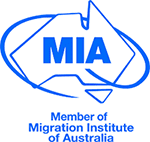 |
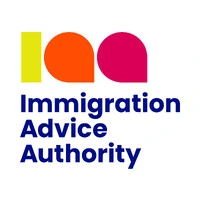 |
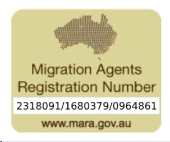 |
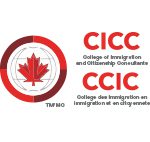 |
Frequently Asked Questions
